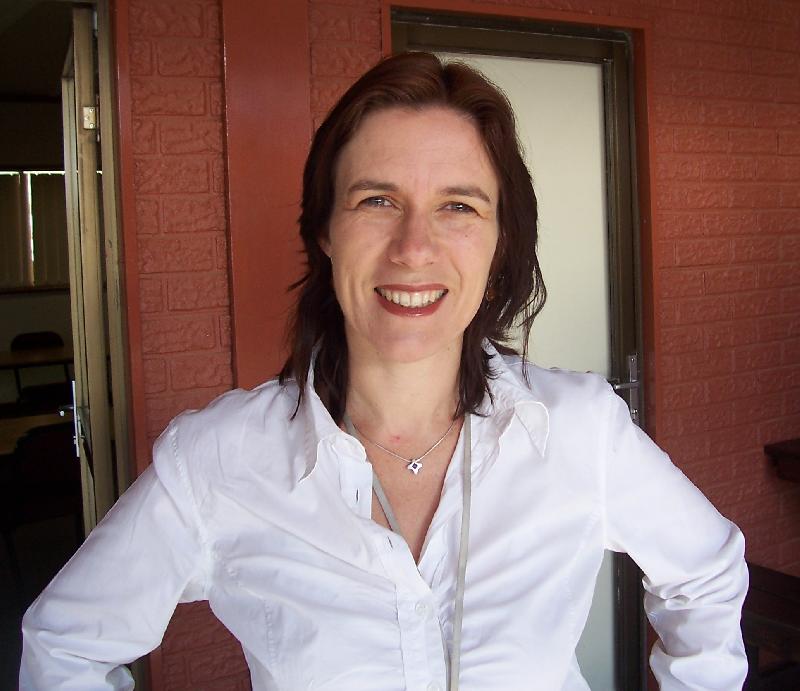
Last week the Centre for Higher Education Research, Teaching and Learning (CHERTL) hosted a Curriculum Colloquium to prepare the ground for the re-registering of Rhodes University's qualifications on the Higher Education Qualifications Framework by fostering dialogue around the concept of curriculum.
The opening speaker, Professor Jenni Case from the Faculty of Engineering and the Built Environment at UCT, managed to convey how important the transferability of knowledge is across the board - despite the fact that Rhodes has no Engineering Department.
Shifts in society and schooling have resulted in first year students with capacities dissimilar to those previously expected in a Higher Education setting, and, additionally, the world these students will enter at graduation has changed extensively in recent years.
Prof Case looked at what these two facts mean for the curriculum and asked where efforts should be focused to get these students where they need to be. With a succinct look at Barnett & Coate's conceptual schema, which incorporates Knowledge, Skills and Being, Prof Case suggests developing a curriculum which focuses on a code of Knowledge, incorporating principles, skills and procedures, and a code of Knowing, which would look to build attitudes and aptitudes, focusing on the 'being' of the student.
The creation of strong sequential links between Knowledge and Knowing is vitally important, and the need for the academics that run the two strands to interact and share their experiences.
Mrs Jeanne du Toit, Mr Rod Amner and Professor Anthea Garman, from the School of Journalism, were the next speakers, providing an example of a department within the University where this collaboration is already taking place.
Mrs Du Toit, who is the Curriculum Chair within the School, explained how Journalism practice does not have a particularly synergistic relationship with Journalism education at university level. This is mirrored in many instances in the antagonistic relationship which traditionally exists within Journalism schools between the streams of journalism practice and journalism analysis.
While both operate within the same curriculum, they have tended to define themselves as existing in opposition to each other. The School of Journalism has been working hard to bridge these divides and, when planning their curriculum, decided on a number of threads to create a structured and coherent scaffolding.
The School of Journalism emphasis is on an integrated approach which attempts to transcend dichotomies, graduating students who are able to both produce media and critically analyse it.
Further examples of ‘out the box' thinking within the University came from Dr Leonard Praeg, of the Department of Politics and International Studies, and Professor Jen Snowball, from the Department of Economics. Dr Praeg stimulated a lively discussion with his introduction of the 'Thinking Africa' programme launched by his department.
‘Thinking Africa' reflects an interactive approach aimed at making sense of our shared reality, and looking to articulate the approach that education fit for purpose provides students with the skills required to function within the modern world. Snowball presented Expeditions to Cyberia, an amusing exploration of using online learning activities in large class curriculum planning.
Prof Snowball, who teaches one of the largest first year courses at Rhodes, found that a great number of her students make extensive use of the online resources available to them, with the forums in particular contributing to class discussions not possible in a lecture theatre containing a class the size of Economics I.
Professor Chrissie Boughey of CHERTL concluded by reminding the audience of the need for a more rigorous engagement with curriculum at an institutional level, to ensure that Rhodes draws on the work and expertise done in the teaching and learning field in the past decade. This is particularly important as the process of re-registering the University's qualifications begins in August 2011.
Pic: Professor Jenni Case.
